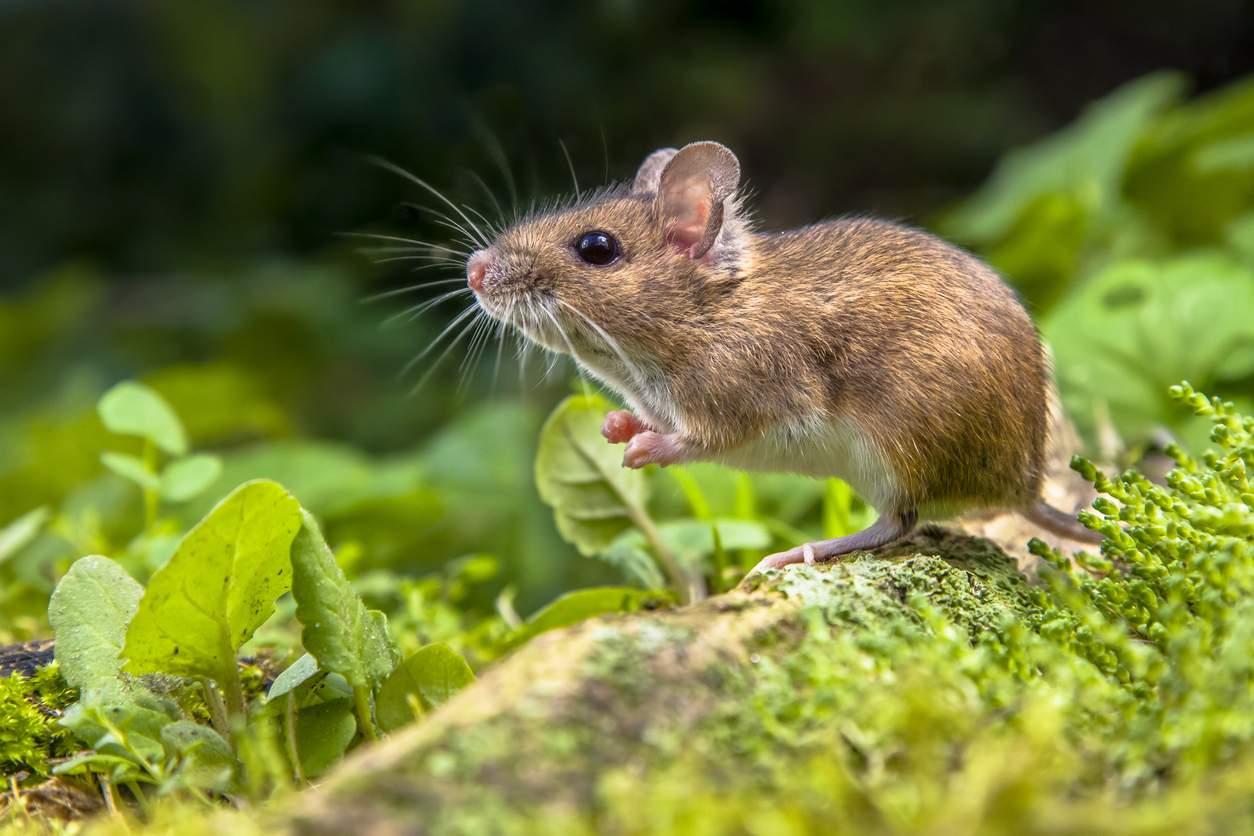In today's fast-paced world, the demand for smart pest control for regulated environments is more crucial than ever. With stringent regulations governing industries such as food processing, pharmaceuticals, and healthcare, maintaining a pest-free environment is not just a necessity but a mandate. Traditional methods often fall short in addressing the challenges faced by these sectors, leading to the rise of innovative solutions that leverage technology for better outcomes.

Why Smart Pest Control is Essential
The need for smart pest control solutions arises from the complexity and sensitivity of regulated environments. These settings require meticulous control measures to ensure the safety and compliance of their operations. For instance, in the food industry, the presence of pests can lead to contamination, posing severe health risks and potential regulatory penalties. This necessitates a shift from conventional pest control methods to more advanced, technology-driven approaches.
How Technology is Revolutionizing Pest Management
Technology plays a pivotal role in transforming pest management strategies. Smart pest control systems use sensors, data analytics, and automation to detect and address pest issues proactively. By utilizing real-time data, these systems offer precise monitoring and control, reducing the need for manual intervention and minimizing human error.
For example, the use of automated rodent control in warehouses has significantly enhanced the efficiency of pest management in these critical areas, ensuring compliance with industry regulations and maintaining high standards of hygiene.
Benefits of Smart Pest Control
Adopting smart pest control strategies offers numerous benefits, including:
- Enhanced Efficiency: Advanced systems provide continuous monitoring and quick response to pest activity, allowing for immediate action.
- Cost-Effectiveness: By reducing the need for frequent manual inspections and treatments, businesses can save on operational costs.
- Improved Compliance: Automated systems help maintain compliance with regulatory standards by ensuring a consistent and documented approach to pest management.
- Environmentally Friendly: Smart systems often use fewer chemicals, reducing the environmental impact of pest control activities.
Implementing Smart Pest Control in Regulated Industries
Implementing smart pest control solutions requires a strategic approach tailored to the specific needs of each industry. Companies must assess their current pest control measures and identify areas for improvement. Partnering with experts in the field can provide valuable insights and ensure the successful integration of advanced technologies.
The AI pest control strategy for food chains is an excellent example of how artificial intelligence can streamline pest management processes, enhancing food safety and operational efficiency.
Future Trends in Smart Pest Control
As technology continues to evolve, the future of smart pest control looks promising. Innovations such as the Internet of Things (IoT), machine learning, and predictive analytics are set to further revolutionize the industry, offering even more sophisticated solutions to combat pest challenges in regulated environments.
Moreover, the integration of smart traps for pest-sensitive industries demonstrates the potential for these technologies to enhance the effectiveness of pest control measures, ensuring a safer and more compliant operational environment.
Case Study: Successful Smart Pest Control Implementation
A leading food processing company recently implemented a comprehensive smart pest control system across its facilities. By utilizing real-time monitoring and data analytics, the company successfully reduced pest incidents by 30% within the first year. This proactive approach not only improved compliance with food safety regulations but also enhanced the company's reputation for maintaining high-quality standards.
Such success stories underscore the importance of adopting smart pest control strategies in regulated environments. By staying ahead of the curve, businesses can ensure the safety and integrity of their operations while maintaining compliance with industry standards.
Conclusion
The rise of smart pest control solutions marks a significant advancement in maintaining the safety and compliance of regulated environments. As industries continue to face stringent regulations and increasing pressure to ensure pest-free operations, the adoption of technology-driven solutions becomes imperative. By embracing these advancements, businesses can enhance their pest management strategies, ensuring a safer, more efficient, and compliant future.
For more insights on effective pest management strategies in various industries, visit Warehouse Rodent Control.

FAQs
What is smart pest control?
Smart pest control refers to the use of advanced technologies, such as sensors and data analytics, to monitor and manage pest activity more effectively.
Why is smart pest control important in regulated environments?
Smart pest control is crucial in regulated environments to ensure compliance with industry standards, reduce health risks, and maintain high operational standards.
How can businesses implement smart pest control systems?
Businesses can implement smart pest control systems by assessing their current strategies, identifying areas for improvement, and partnering with experts to integrate advanced technologies.
This article contains affiliate links. We may earn a commission at no extra cost to you.
